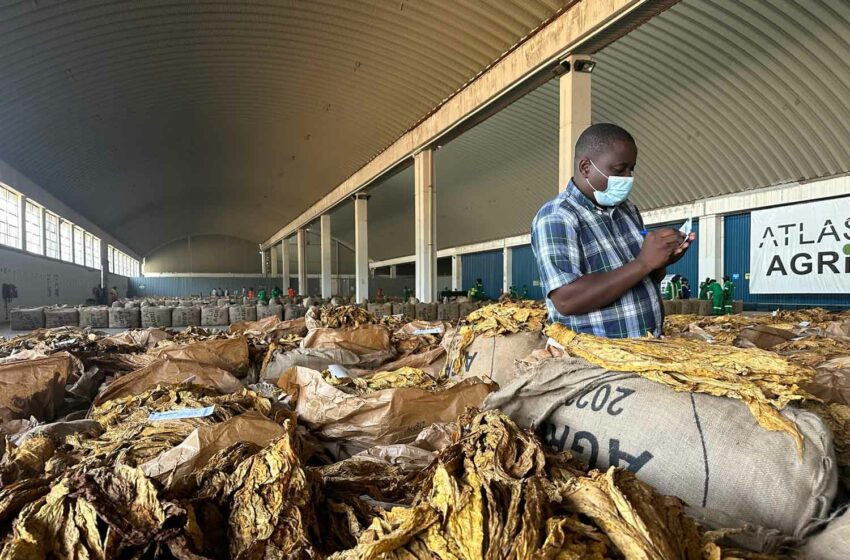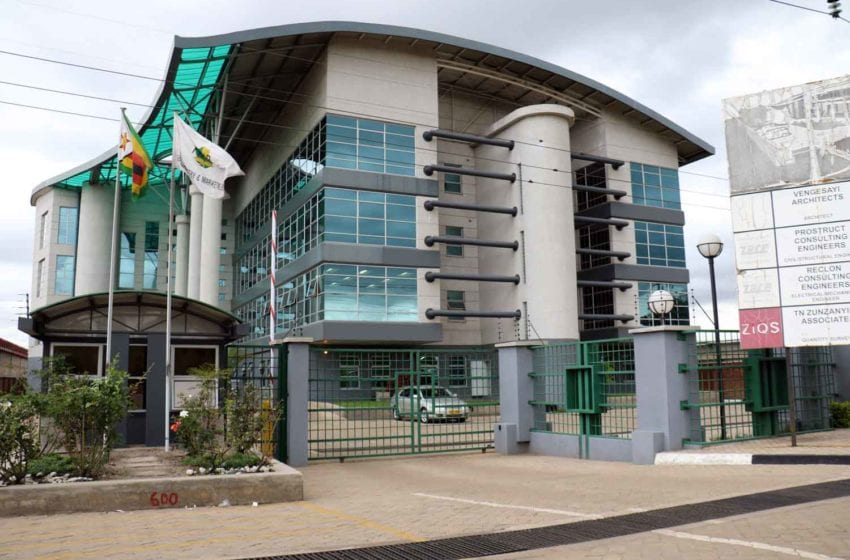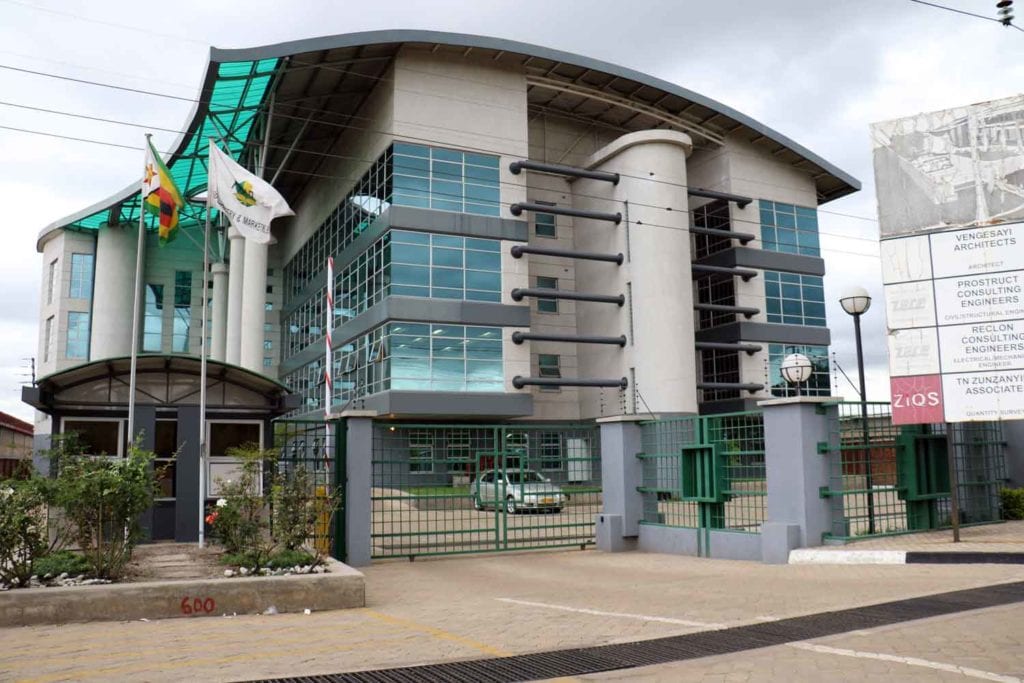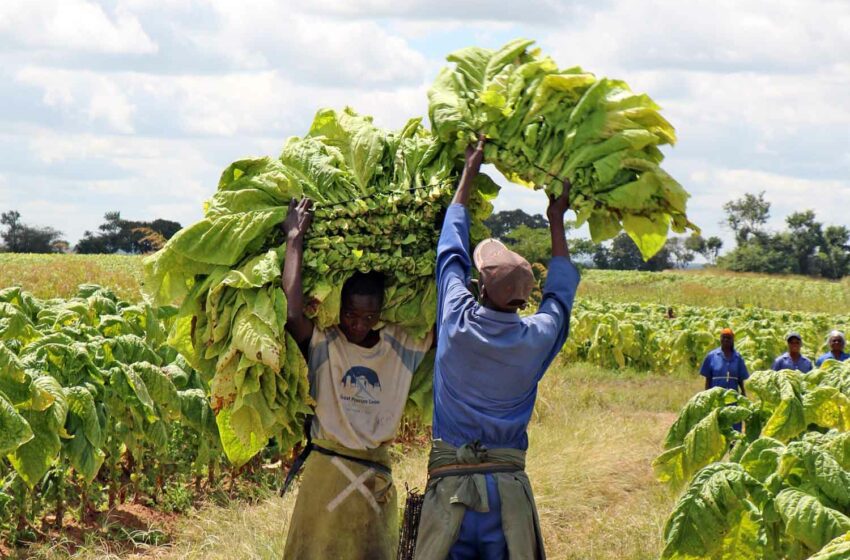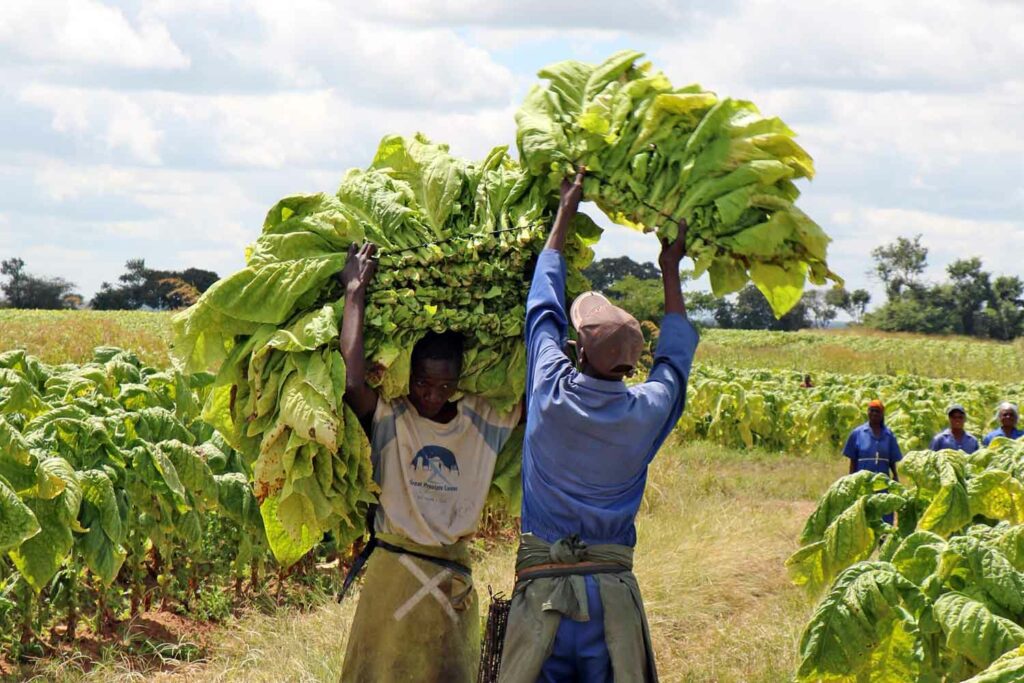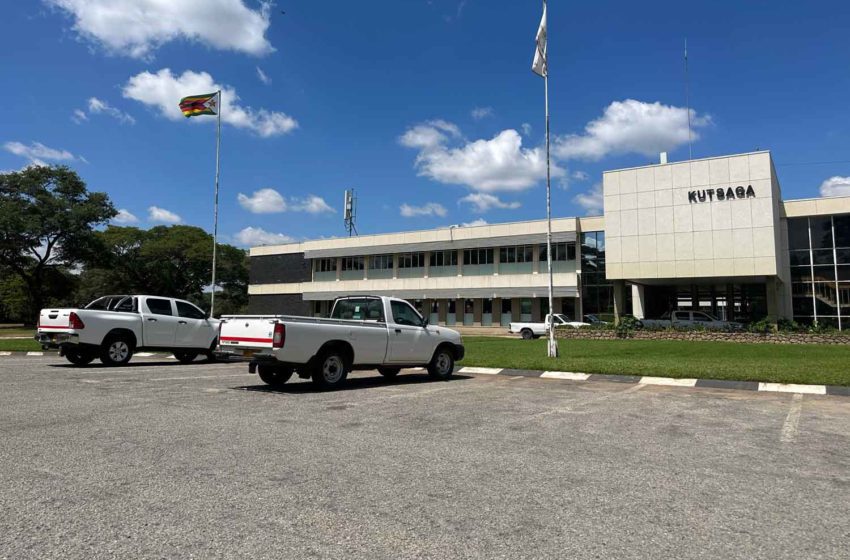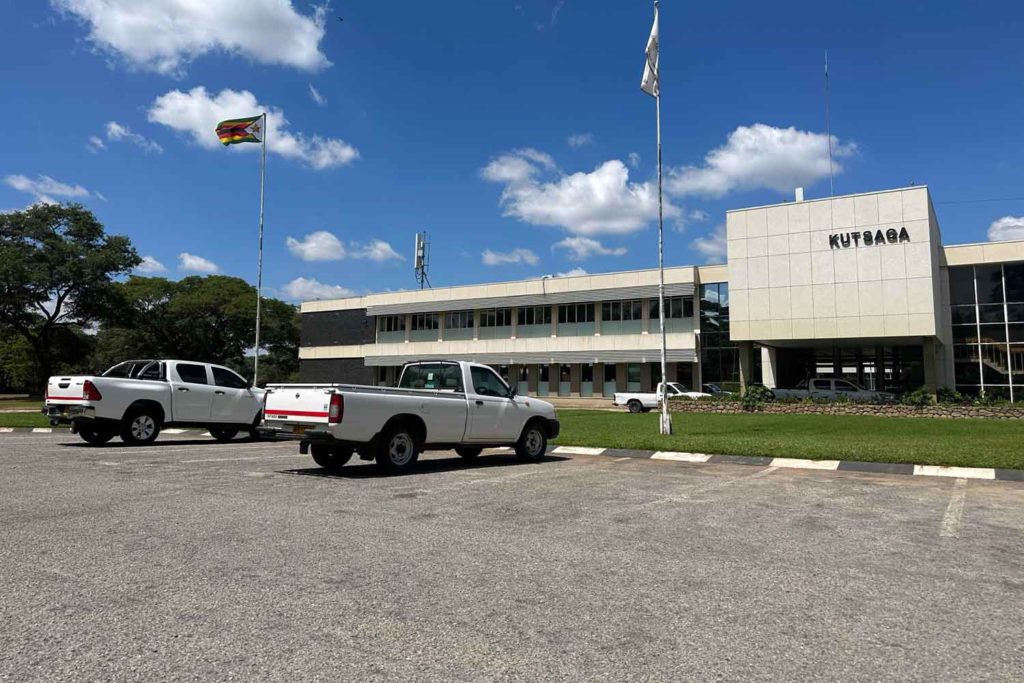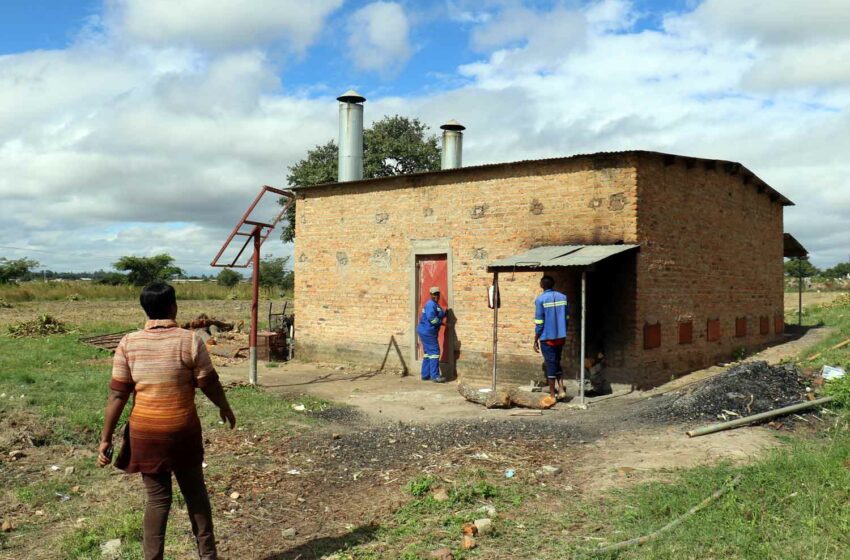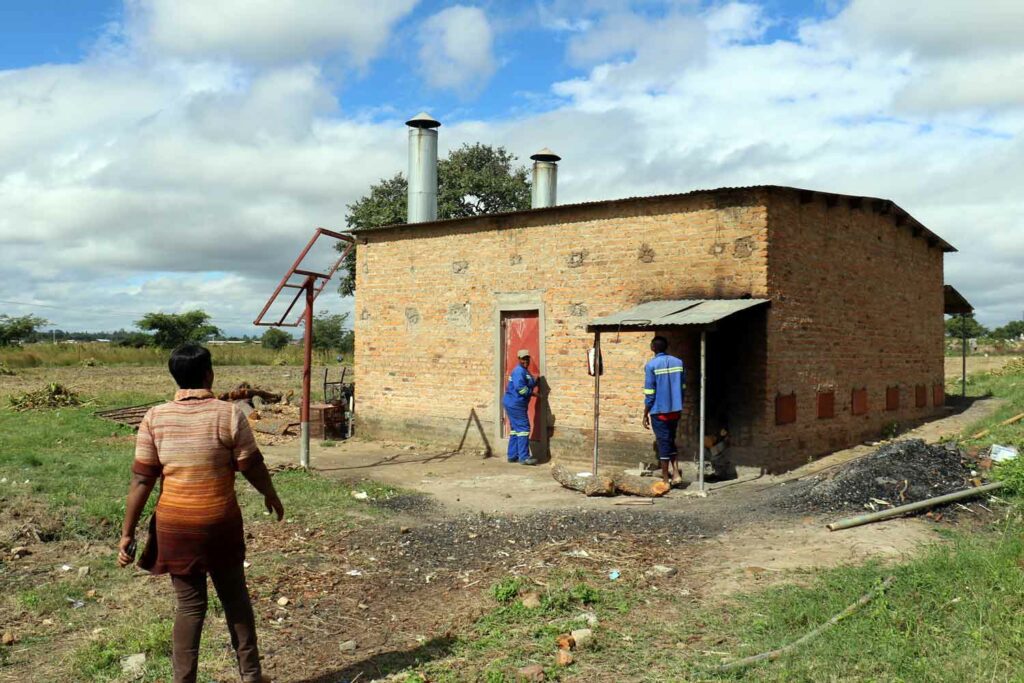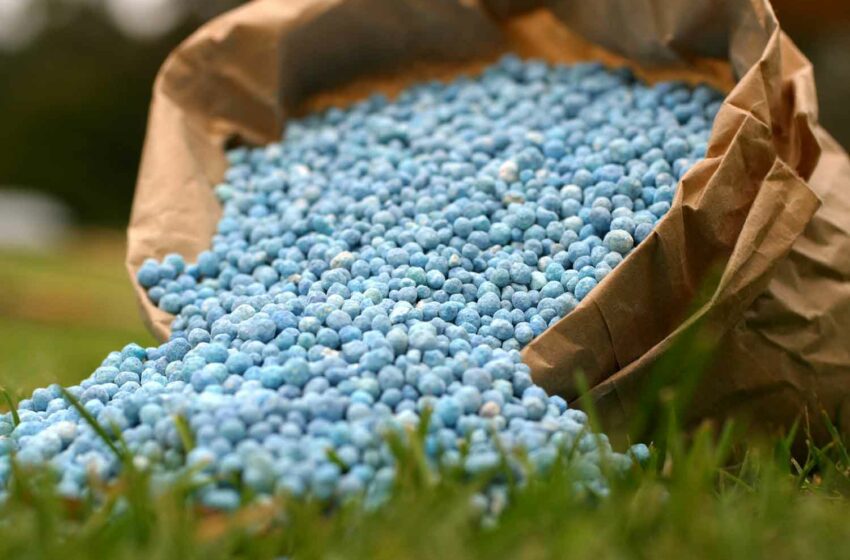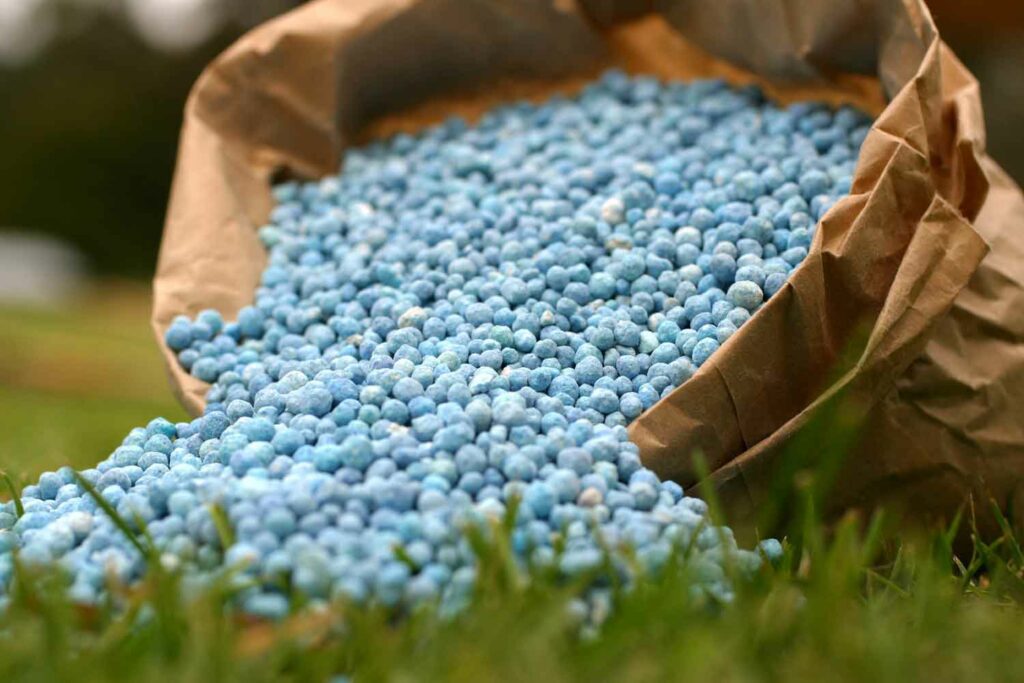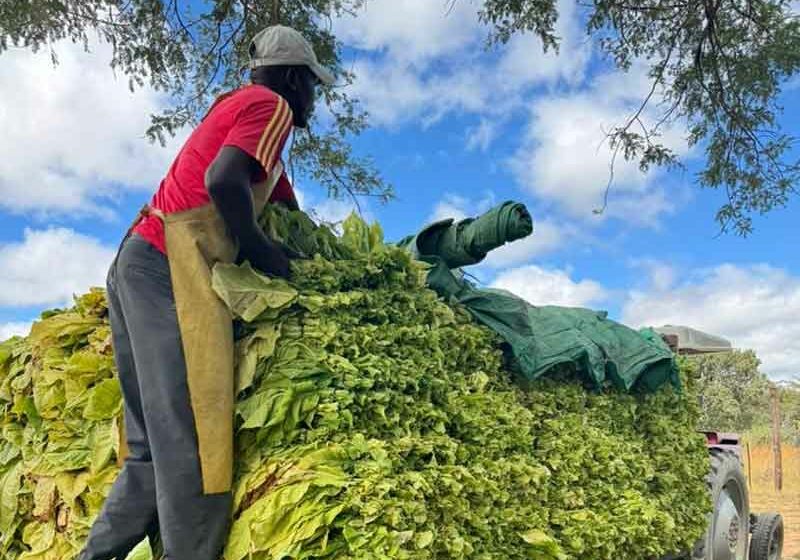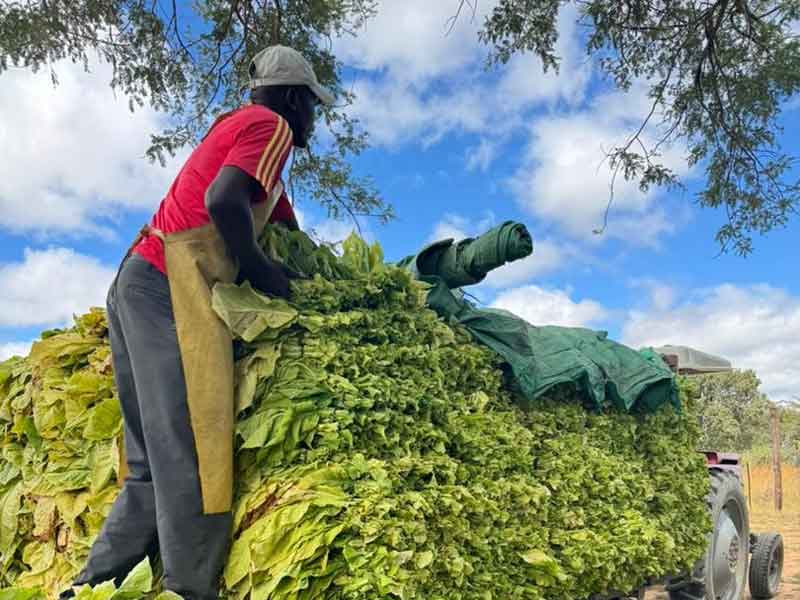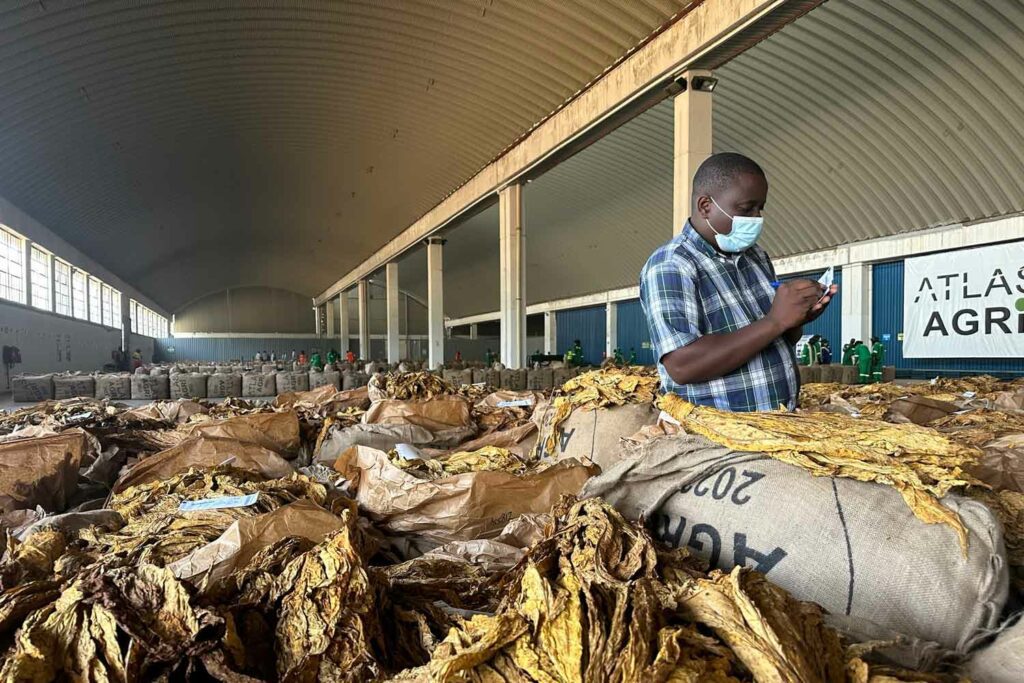
Atlas Agri Zimbabwe plans to significantly increase its air-cured tobacco hectarage this season.
According to The Herald, the sole contractor of this variety in Zimbabwe intends to grow 100 ha in 2024–2025.
“So far, we have engaged over 150 farmers to produce the crop on over 100 hectares, up from last year’s 10 hectares that were done by 17 farmers,” Atlas Agri CEO Alex Mackay was quoted as saying.
According to Mackay, many of the farmers who participated in the inaugural test expressed satisfaction with their sales. The top performing grower delivered 608 kg and received an average price of USD3.10 per kilogram.
The success of the project has attracted more farmers.
“We have seen over 300 new farmers applying for contracts, expanding our reach to Plum Tree, Fig Tree and the wider Mangwe region,” said Mackay. “Looking ahead, we have several initiatives in the pipeline aimed at enhancing yield and quality.”
Atlas Agri aims to boost returns for its farmers while protecting the environment. Instead of relying on wood for curing fuel, the company’s contracted farmers rely entirely on natural elements.
With the support and guidance from Agritex and the Tobacco Industry and Marketing Board (TIMB), the company hopes to benefit both farmers and the economy in line with the government’s Tobacco Value Chain Transformation Plan, according to Mackay.
TIMB acting CEO Emmanuel Matsvaire noted that the cost of producing air-cured tobacco is relatively low at around USD400 per hectare.

